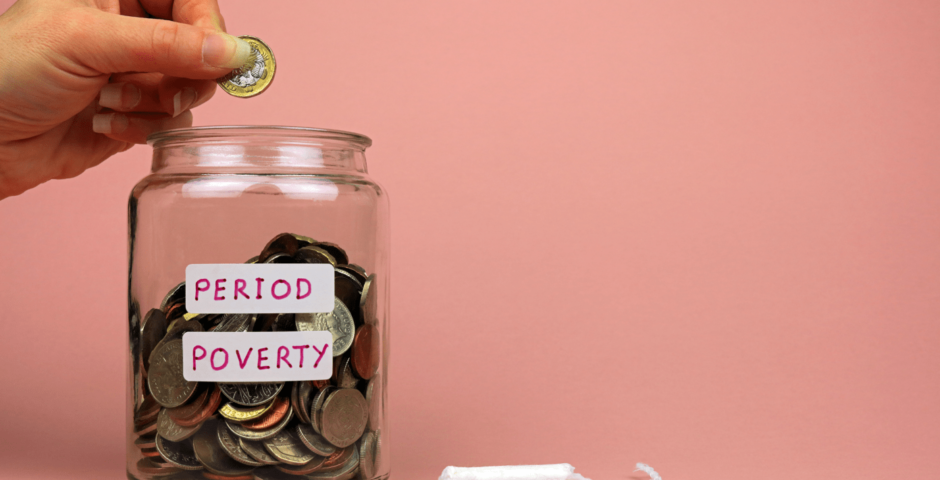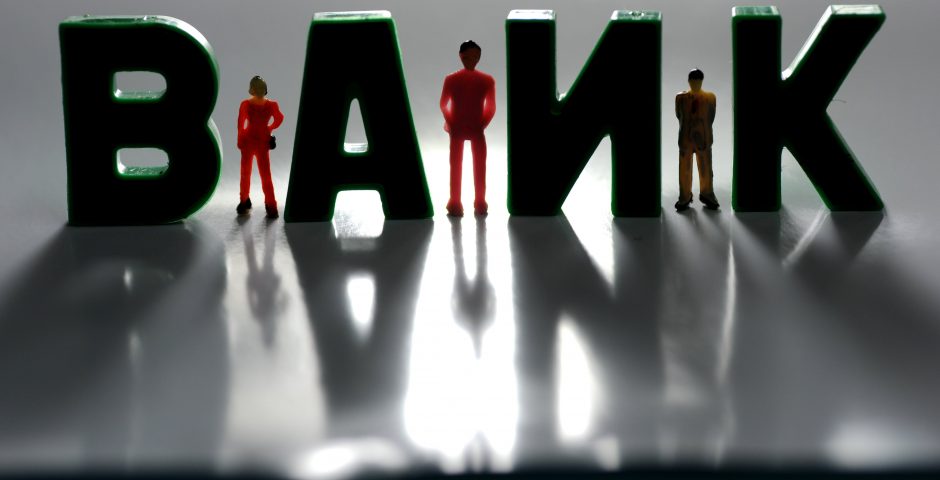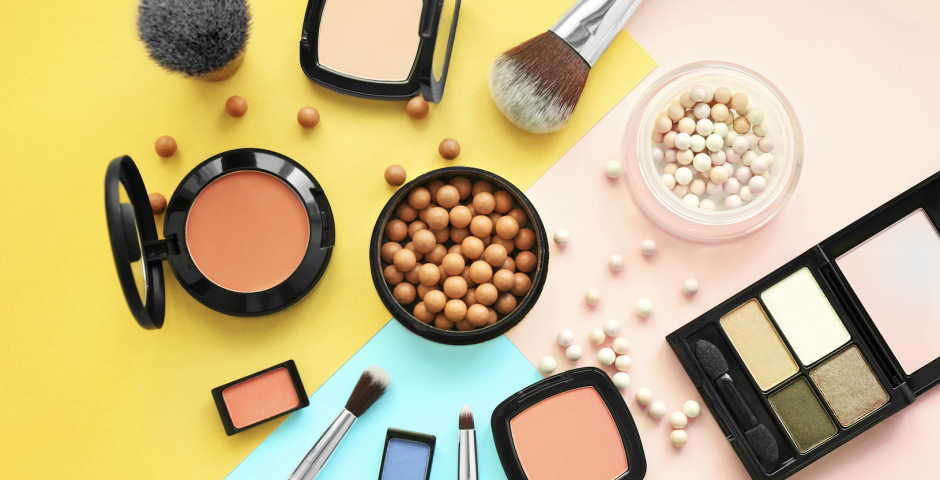Power to the Period Poor

Why period poverty is not as far removed as it may seem.
On December 6, 2022, the Tweede Kamer (House of Representatives) of the Dutch government passed a motion supporting free menstrual products for people with low income in the Netherlands. In 2023, an additional €2 million is allocated to fight period poverty. The promise of free menstrual products is a first step towards national legislation addressing period poverty in the Netherlands. The problem of period poverty only really entered the public debate in 2019 after reports were published by Plan International and De Bovengrondse, exposing the extent of period poverty and problems like the shame surrounding this topic. In the following years, period poverty gained some attention but until now, there had not been a national attempt to address it in the Netherlands. People suffering from period poverty mostly depended on non-profit organizations and there have been a couple of municipalities addressing the issue.
This article discusses period poverty and shame in the Dutch context by explaining what it entails and what the possibilities for national legislation are. Previously, we already published a series on the taboos surrounding menstruation. This article will dive deeper into the issue of period poverty, particularly addressing national legislation and the interplay with civil society. We will look at the advantages and disadvantages of national legislation for free menstrual products and consider the impact of civil society on national legislative efforts to address period poverty.
Period poverty and shame in the Netherlands
Period poverty can be defined as the lack of access to menstrual hygiene resources, including but not limited to toilets or cleaning facilities, general menstrual education or information, and basic menstrual products such as tampons and pads. Victims of period poverty face health risks as well as social exclusion and isolation. Inadequate access to the right resources can cause reproductive tract infections and a lack of knowledge might even contribute to unwanted pregnancies. The stress and shame that are associated with menstruation can also have a negative impact on mental health. Moreover, menstruation can limit mobility; menstruators may shy away from public places and stay home instead. This negatively influences work and school attendance or participation in other parts of society.
To understand period poverty and its causes, we should take into account the sociocultural context. In many cultures, periods have always had a highly symbolic value. It is often seen as a celebration of womanhood and fertility. Talking about menstruation can even be empowering for women that want to embrace their feminine identity. Yet, in many cultures, the subject is still shrouded in mystery. Periods are far from a positive and empowering symbol: more often than not they are taboo. Surrounded by feelings of shame and embarrassment, periods are perceived as something to be hidden, making it hard to address issues related to menstrual health. In the context of Western societies, one in two women experiences period shaming. They are told that it makes them “emotionally unpredictable”, on top of periods being perceived as disgusting, unclean or private. There is no blueprint solution to break the stigma, projects to battle period poverty should be tailored to the specific needs of the target group and avoid overgeneralizing menstrual taboos.
Period poverty is not just about the availability and affordability of menstrual products. Education and reproductive care are also a necessity in the fight against period poverty. However, possibilities for addressing period poverty through improving access to menstrual products, education, and reproductive care are influenced by the taboos surrounding menstruation. The stigma needs to be broken first if these solutions are to be considered.
The Plan International report shows that girls experience negative consequences from menstruation in the Netherlands. They lack knowledge about menstruating, are excluded from parts of society and experience negative feelings toward their periods. Thirty per cent of the participants falsely thought they could not get pregnant during their period, exposing them to the risk of unwanted pregnancies. Additionally, four out of ten girls between 12 and 25 years said that they had missed school or work because of their periods. This was paired with the confession that almost half of the participants felt “dirty” while menstruating, a feeling that highlights a culture of shame and further limits the girls’ full participation in society.
Taboos and stigmas are especially persistent for trans and non-binary people. Therefore, if effective and non-exclusionary solutions are to be created, we should take into account both the stigmas of periods and poverty as well as the LGTBQ+ community, for example by establishing more gender-neutral toilets and using gender-inclusive language. Solutions to issues related to period poverty should include trans or non-binary people since their periods are extra stigmatised. Dutch reports from Plan International, De Bovengrondse, and the FNV still refer to women and girls, with some of them adding in a footnote that trans and non-binary people can also menstruate.
Nevertheless, the terms women and girls are predominantly used, with the argument that it increases the ‘readability’ of the reports. This while using terms like menstruator, instead of sticking to trans-exclusive terms, does not detract from the readability of the report and actually leads to greater inclusion of all people affected by period poverty. The same argument for including minority groups can be made for menstruators from non-Dutch cultural backgrounds that face additional stigma within their communities in the Netherlands.
Increasing affordability and creating awareness
People experiencing period poverty are facing financial struggles, threats to their sexual reproductive and mental health, inequality and many more issues. The welfare state has a responsibility to address these challenges, and civil society organizations and social mobilization can contribute by providing focus and accountability.
Development thinking has become increasingly focused on enhancing people’s freedoms and capabilities instead of solely economic growth. Period poverty, therefore, hinders key aspects of development because of barriers to health, mobility, work, and education. Awareness of these issues allows us to assess period poverty in high-income countries, a phenomenon that might otherwise be written off as insignificant due to high average income levels.
The Dutch government’s proposal for free menstrual products at distribution points of aid organisations such as the Food Bank, the Poverty Fund or the Red Cross offers several advantages. National legislation can make periods affordable for those in need and prevent people from having to resort to solutions that might cause health issues. Moreover, national legislation contributes to the visibility of period poverty by showing political will, creating policy frameworks, and allocating resources. Legislation on period poverty can get the ball rolling: it draws attention to menstrual health education and sanitation access while challenging social norms and stigmas surrounding period poverty.
Limited distribution and unfair responsibilities
While it might be a step in the right direction, the plan still has some limitations. Just targeting the poorest through institutions like the Food Bank, the Poverty Fund, and the Red Cross might still leave certain people without access to help. Some people cannot combine their job and taking care of their children with going to the pick-up points. Strict eligibility criteria and limited supplies at distribution points can further hinder access to menstrual products. By targeting the poorest through institutions like the Food Bank, the Poverty Fund and the Red Cross instead of providing free products for everyone, people can still slip through the cracks because they cannot access the spaces where help is being provided. If the goal is to help the poorest, menstrual products have to be made accessible more widely and with fewer restrictions.
Although reusable alternatives like menstrual cups have gained popularity for their sustainability, distributing them faces challenges. The sanitation facilities needed to clean cups are not available to many people, including homeless people. Furthermore, cultural taboos, particularly among women with a non-Dutch background, can create discomfort and hinder cup usage. Additionally, some menstruators find cups physically uncomfortable, which means the cup is not a good solution for everyone.
Moreover, people living below the poverty line generally have low consumption and lack opportunities when it comes to sustainable choices. Climate negotiations reflect the uneven global power dynamics, with women and the poor having virtually no power in the debate. Putting the responsibility for sustainability on victims of period poverty is therefore unfair. If reusable menstrual products like cups are to be distributed, we must first address access to sanitation, education on menstrual health and the stigmas surrounding menstruation. Until then, people living in menstrual poverty must be able to obtain products that fit their needs.
National legislation and civil society: a recipe for success?
Scotland was the first country to provide free menstrual products for everyone, not just the poorest. This improves the accessibility of menstrual products and reduces barriers for those in need, including stigmatized and marginalized groups like trans and non-binary people. National legislation is thus a crucial step in tackling menstrual poverty by addressing its problems on a large scale, breaking taboos and addressing the shame surrounding menstruation.
Private initiatives, while necessary during the transition to national legislation, highlight the failure of the welfare state to support those in poverty. Simultaneously, as an actor that mediates between the state, market, and societal actors and interests, civil society plays a significant role in advocating for policies against period poverty, Civil society has been linked to institution-building, partnership- and alliance-building, accountability, empowerment and inclusion, protection, and information and communication. Because of civil society’s position outside of the state, they can provide critical insights into the policies dealing with period poverty, holding the government accountable and highlighting shortcomings of policies for period poverty.
However, relying solely on civil society is not an adequate solution. It can both offer aid and conceal flaws in the system. By providing free menstrual products, civil society organizations partly take away the responsibility of the welfare state to have a working healthcare system. Civic organizations must maintain a critical attitude toward the structural causes of period poverty, including flaws in the welfare system.
The Netherlands, despite having a mostly functioning welfare system, still faces serious complications in addressing period poverty. Just like in low-income countries, organizations and movements in the Netherlands run the risk of being absorbed by the state to deliver welfare without scrutiny or demands for accountability. In addition, civil society itself is a contested space where minorities can face many challenges so a critical attitude is required towards inclusivity of the period poverty movement.
Poverty as a key issue in high-income countries
Period poverty is a problem that is still prevalent in high-income countries. In fact, with the current energy crisis and staggering inflation rate, the problem has grown significantly in Europe. The example of the Dutch proposal to provide free menstrual products for those with low income shows that there is a political will to address period poverty. It is a step forward because it enables those who are in financial need to access menstrual products and have better menstrual health. The introduction of this issue into the political debate also helps to battle the stigma and feelings of shame surrounding period poverty by spreading awareness. In high-income countries like the Netherlands, the severity of poverty is often denied because of the double stigma on periods and poverty, which makes tackling period poverty even more difficult.
While the provision of menstrual products signals progress, many aspects of period poverty are left unexplored. Targeting only those living in poverty might actually create barriers for those in need of help. Lowering barriers as much as possible by providing menstrual resources for everyone could be a solution to this. Moreover, there is a need for more education about menstrual health, emphasis on cultural diversity and the inclusion of minorities like trans and non-binary people in solutions for period poverty. Therefore, civil society will continue to play a vital role by raising awareness and accountability in interaction with the state. In addition, political attention to period poverty from international institutions such as the EU can further encourage this quest for awareness and accountability in high-income member states.
Period poverty is a symptom of poverty as a bigger problem and the Netherlands is far from the only high-income country to struggle with this. So while it is important to make sure that people have access to menstrual products, we have to keep in mind that at the same time, many people in high-income countries like the Netherlands are still trying to survive below the poverty line. Because they can barely afford food, menstrual products are becoming a luxury item while they are actually a basic need. So as long as the welfare system fails to address the deeply rooted causes of poverty, collective efforts to provide those in need with menstrual products will remain a necessary step towards eradicating period poverty.
Luna Verbaas is an undergraduate student of Liberal Arts and Sciences at Utrecht University with a specialisation in International Relations in Historical Perspective and Philosophy, Politics and Society.
Image: Shutterstock




